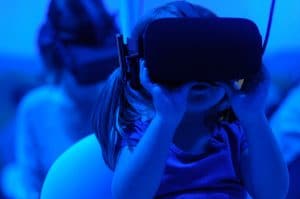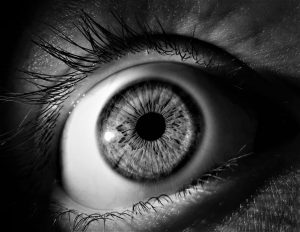This year, a Japanese bakery made worldwide news for its pastry-scanning AI that was repurposed to detect cancer cells. Take a look at any broad-scale report discussing AI in medicine (such as this one), and you’ll find AI innovations in surgery, imaging, drug development, and many other applications.
When AI are supplied with data from thousands of doctors, they become more informed than any person could ever be. Not long ago, an article in Ars Technica highlighted how AI can help with both sepsis treatment and fracture diagnosis. Because the two studies are so different, it points to the variety of uses AI may one day have.
1. The first study sought to improve the guidelines for treating sepsis with a reinforcement learning algorithm. There was a large amount of data to evaluate: over 17,000 intensive care unit patients and 79,000 general hospital admissions from over 125 hospitals. Each patient included 48 bits of information, ranging from vital signs to lab tests to demographics. The AI Clinician, as it was named, recommended treatments that had the lowest mortality rate among the group of patients.
2. In the second study, the researchers wanted the AI to be able to identify hairline fractures, which are difficult to distinguish. Most instances of fractures need to be diagnosed in the emergency room and they hoped an AI would be able to assist non-specialists in this area. The study used data from over 135,000 images of possible wrist fractures to train their deep-learning convolutional neural network. They designed the algorithm to point out areas that would be most likely to have a fracture. The result was that accuracy in identifying fractures increased and false positives decreased. Using this algorithm would cut the rate of misdiagnosis in the ER nearly in half.
We are now in an evolving stage in medicine where healthcare professionals are learning to integrate AI into their practice. More and more clinical trials are expected to show solid numbers in diagnosis and treatment. We can therefore expect that our trips to specialists, labs, and hospitals will begin to surprise us and—hopefully—dramatically improve the quality of diagnosis and treatment for each patient.
Reality Changing Observations:
1. What checks can we place on AI concerning the potential to make erroneous decisions?
2. Who is responsible when AI is used to support decision-making?
3. What effects would this AI have on the roles and skill-requirements of healthcare professionals?





